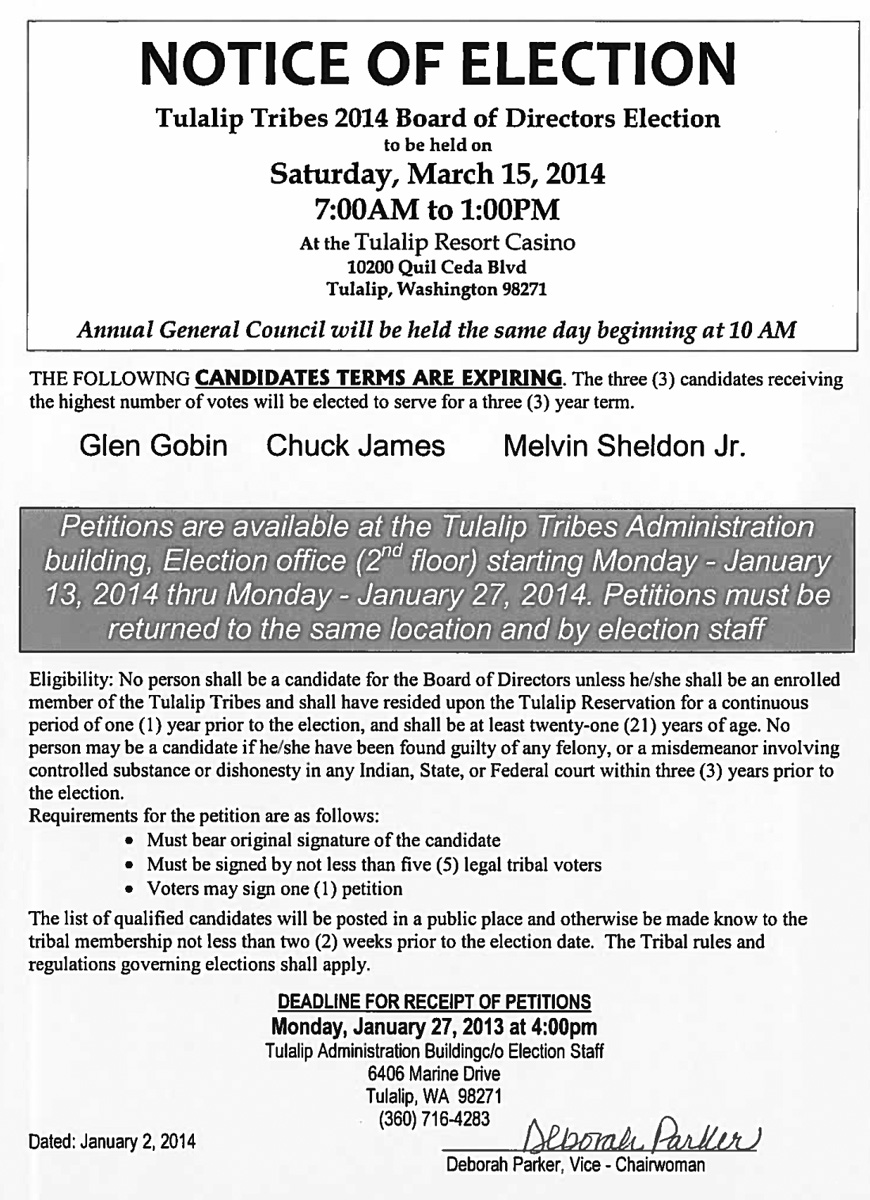Tag: elections
Election Shifts Oregon Closer To Carbon Tax, Not So For Washington

By Ashley Ahearn, Earthfix
Environmentalists spent more than $1.5 million in Oregon and Washington in bids to secure Democratic majorities in state legislatures — majorities they wanted for approving clean-fuel standards and a tax on carbon emissions.
The plan worked in Oregon. It didn’t in Washington.
The Washington Conservation Voters, with money from California billionaire Tom Steyer, backed Democratic candidates in three conservative-leaning districts in an attempt to give their party control of the state Senate. All three lost to Republicans.
Environmentalists backed Tami Green against Sen. Steve O’Ban in the south Puget Sound area. Green lost.
They backed Matt Isenhower challenging Sen. Andy Hill in his East Side King County district. Isenhower lost.
They backed Seth Fleetwood trying to unseat Sen. Doug Ericksen in Whatcom County. Fleetwood lost.
That puts Democratic Gov. Jay Inslee in a challenging position for advancing his plans to institute a price on carbon and a low-carbon fuel standard. Environmental groups expected the Democratic challengers to vote for those policies.
At an energy conference Wednesday in Seattle, the governor spoke to reporters with a bit less enthusiasm than normal. He stressed the need for bipartisanship.
“All parties are going to have to accept what they consider imperfect solutions,” Inslee said. “It is the nature of bipartisanship. So I’m going to urge people to come to Olympia with that mindset and if they have that mindset I believe we will succeed.”
In Oregon, Democrats increased their majority in the Senate to at least 17 of the chamber’s 30 seats. They secured one seat and took another one from a Republican. Sen. Alan Bates, D-Medford, won reelection and Sara Gelser, D-Corvallis, defeated Republican incumbent Betsy Close. Another Republican-held seat could flip to the Democrats. It’s held by Sen. Bruce Starr, R-Hillsboro, whose narrow lead against Democratic challenger Chuck Riley remained too close to call Wednesday.
Those results have conservation groups thinking the Oregon Senate is poised to reconsider environmental legislation on issues like clean fuels and disclosure of chemicals in children’s products.
Both of those failed previously after Democrat Betsy Johnson voted with Republicans.
“We don’t even know what we could have brought to the floor because it was just DOA: Dead on Arrival,” said Doug Moore, Executive Director of the Oregon League of Conservation Voters.
But now, Moore thinks they will have the votes in the Senate to offset that.
“Our ultimate objective here is to price carbon in Oregon. And maybe having 18 seats in the Senate gives us that opportunity,” Moore said.
JL Wilson, a lobbyist for groups opposed to the carbon tax, said he plans to appeal to democrats whose districts depend on industries that oppose the economic burdens of putting a price on carbon emissions.
“I would have a hard time believing you would have 16 senators just lined up to support these policy options,” Wilson said. “Is it more of a challenge than it was prior to last night? Yeah, of course it is. But it’s by no means a fait accompli.”
Ballot Power: The Revolution in How Alaska Natives Vote
A perfectly timed combination of negotiation and grassroots organizing has allowed numerous Native villages across Alaska to become absentee in-person voting locations for federal elections for the first time. That’s a sea change from just a few weeks ago, when voters in only about 30 Native villages had a way to cast a ballot ahead of Election Day, said Nicole Borromeo, general counsel of the Alaska Federation of Natives (AFN). Meanwhile, Alaska’s urban voters had 15 days to do so. The locations will be in place for the August primary.
This transformation in voting access follows years of fruitless requests to the state for the election services by three groups: AFN, an organization of regional and village corporations, tribes and other entities; ANCSA Regional Association, a group of Native-corporation CEOs; and Get Out The Native Vote. “In late June, AFN and ANCSA sat down with the state and said, ‘we will sign up the locations,’” recalled Borromeo, who is Athabascan from McGrath Native Village. The state agreed, and the Native team began seeking groups and individuals to handle the election activities.
“Eleven days later, we had added 128 locations,” said Borromeo. “We have been entirely focused on this.” The goal is to bring equal voting rights to all of Alaska’s 200-plus indigenous villages, she said.
This has been a Native-led project, according to Borromeo: “We identified the problem, we identified the solution, and we made it happen. Now, the state has to play its part and do election training. We’ll be monitoring to be sure it happens. We intend to be a long-term partner in this effort.”
The project’s success shows that voting rights can be provided quickly and efficiently when there’s a will to do it, said Natalie Landreth, member of the Chickasaw Nation of Oklahoma and a Native American Rights Fund plaintiffs’ attorney litigating the Alaska Native voting-rights case Toyukuk v. Treadwell.
Media coverage of the just-concluded trial helped the Native team convince the state to let it set up the new voting centers, said Borromeo: “It was the perfect political storm.”

“Our people have a hunger to vote,” she added. “They go to huge lengths to do so, and overcome barriers no one else in the country faces.” Just to get to the polls, Alaska Native voters cope with fierce winter weather, vast distances and, in one village photographed by James Tucker, another Toyukuk v. Treadwell plaintiffs’ attorney, a raging river that separates two precincts sharing one ballot box. Pollworkers in a small launch brave ice-filled water to transport the box across the water, Tucker said.
The pressure of survival in a demanding environment is another hurdle. “During the election season, many rural voters are busy with subsistence activities and may not be near their polling place on Election Day,” said Jason Metrokin, ANCSA chair. The new centers expand their options and give them the same access as urban Alaskans, Metrokin said.
Once Alaska Native voters get to the polls, the traditional-language speakers need translation of election materials. However, testimony in Toyukuk v. Treadwell exposed yet another obstacle: longstanding systemic problems in the state’s delivery of federally mandated language assistance. (The judge’s decision is expected shortly.)
Lieutenant Governor Mark Treadwell, the lawsuit’s lead defendant, recently announced that the new locations will make 2014 election ballots “the most widely available in state history.”
That has the potential to transform politics in a state where indigenous people make up a fifth of the population. Said AFN president, Julie Kitka, “Having access to early voting is only the first step. Now our people need to learn about this right and understand what they’re being asked to vote on. There is much more work to be done by the state’s Division of Elections.”
Read more at http://indiancountrytodaymedianetwork.com/2014/07/15/ballot-power-revolution-how-alaska-natives-vote-155838




